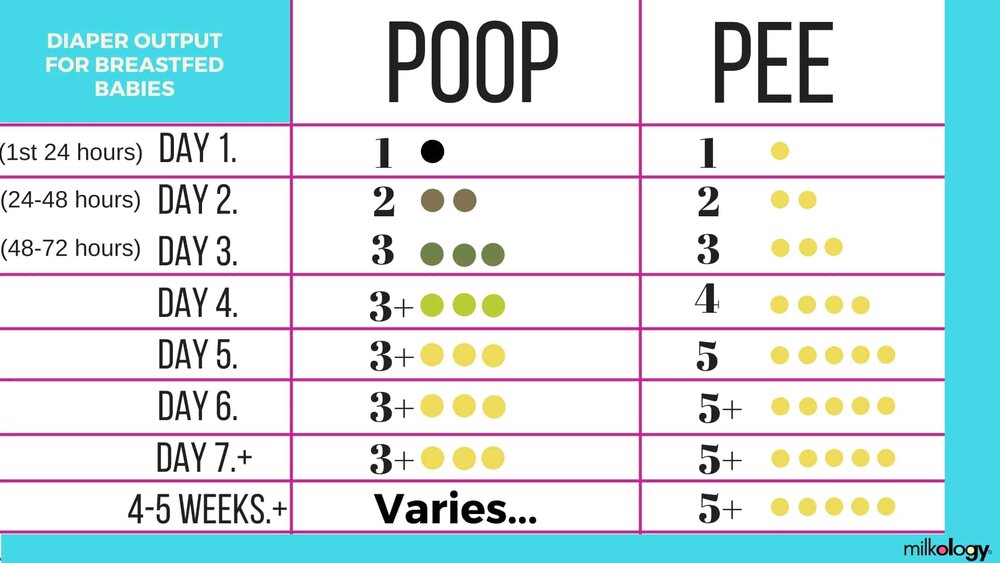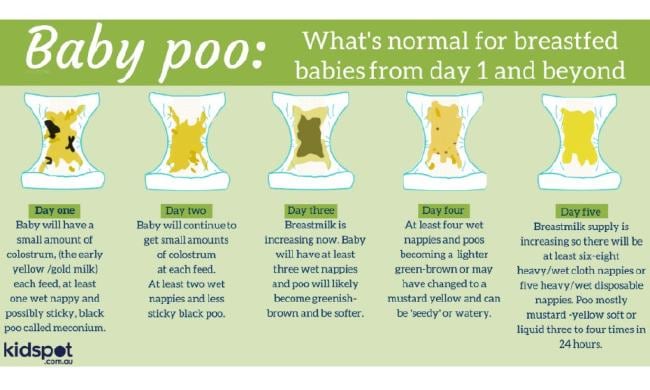I have connected with thousands of expecting and new parents throughout the years. Breast/chest feeding fears are real, everything from milk supply to pumping. I asked my group Breastfeeding Bootcamp to share their top 5 breastfeeding fears with us.
1. Milk Supply
I am not surprised this is the first breastfeeding fear on the list of top 5 breastfeeding fears. Most new parents question milk supply at some point. It may be in the very beginning of breast/ chest feeding. It might be after breast/ chest feeding has become well established. For whatever reason, whenever the baby changes their routine in any way, feeding is to blame.
The truth behind this is reassuring. The majority of new parents will make enough milk for their baby. Society gets caught up in the idea that you cannot see what is happening when breast/chest feeding. You can’t see what the baby is getting. You can’t measure the amount. This leaves many new families feeling insecure about their supply. Luckily, there are some things you can measure if you ever question your supply:
Diaper Output
The number of diapers you change tells a story about feeds. If you are ever concerned about supply, the first thing a lactation consultant will ask you is “how many wet and dirty diapers do they have?” As with adults, if your baby’s urine is dark in color, this may be a sign of dehydration. Ideally, you will be changing 5 or 6 wet diapers a day after day 5 of your baby’s life. You may see several dirty diapers in the first few weeks, and then that may change. Dirty diapers may become less frequent as time goes on, but wet diapers should stay plentiful. Of course, every baby is different. Some families see 2 bigger poops a day, and other families may see 5 smaller ones. This is all ok, and you will quickly figure out where your baby falls in the mix.

Color of Poop
Your baby’s poop will start to become an obsession of sorts. I can’t tell you how many pictures of poop I have received over the years. Each time the parent asks “is this normal?”
Your baby’s poop the first day or two of their life will be dark, tar-like, and sticky. It will transition into a green-brown color, and then finally to yellow. You should see loose, yellow poop by day 4 or 5 of life.

Weight
All newborn babies lose a small amount of weight in the first couple days of life. This is normal and expected. Most babies are starting to regain their birth weight by day 5 of life. We aim to see babies back to birth weight by day 10-14 of life. If your baby is gaining anywhere from 4-8 ounces a week, your milk supply is just fine.
2. Latching
Latching can bring a different set of fears. It’s true that some new parents fear that pain will be associated with latch and feeds. But what if the baby won’t latch at all? I remember having this fear myself when I was pregnant. It is not uncommon for a parent to tell me breastfeeding “didn’t work” or the baby “never latched” at all.
When I worked in the hospital, I definitely had the experience of working with babies who had difficulty with latch. I also see it outside of the hospital as well. This is something lactation consultants are trained to help with. It is important to get the help of a lactation consultant if your baby isn’t latching. The important thing to remember is babies are made to breast/chest feed. It’s what they know how to do, and they have been conditioned to do this for thousands of years. This means it’s more than likely your baby will latch. Even if they don’t latch right away, don’t give up hope. Keeping your baby skin to skin and offering the breast frequently will help them figure it out. If you’re struggling at all, keep your lactation consultant on speed dial. That’s what they’re here for.

3. Lack of Support
Lack of support is one of the biggest reasons for breast/chest feeding failure. No wonder it’s also one of the top 5 breastfeeding fears! This could mean a lack of support from family, workplace, partner, community, friends. It can feel so vulnerable and isolating to be a new parent. If you are surrounded by people who are unsupportive of your choices, this makes it even harder. Sometimes, family members don’t realize they are being unsupportive. Even saying something like “I can give a bottle if you want a break” can lead you down a negative path. People around you should be looking for ways to help without interrupting the infant/parent dyad. They should be flooding you with supportive feedback. Make sure your support circle is aware of your feeding choices, and don’t be afraid to push back against any negativity.
Luckily, I had the experience of managing a toddler while breastfeeding two babies (did you catch the sarcasm there). This is different from the other fears – it’s not latch or milk supply. It’s more like a time management problem. Toddlers are busy. Anyone who has spent any time with a toddler knows that. The important thing to remember is you are going to be dealing with this regardless of how you feed your baby. There are ways to help manage this:
4. Managing A Toddler When Breastfeeding
Breastfeeding In A Carrier Or A Sling
This will help a lot. You can be up, walking around, active while feeding your baby. A carrier or sling can feel like a lifesaver when you have multiple children. Many parents find this is where their baby gets their best nap, all while staying close to your toddler.

Have Help
This is easier said than done sometimes. If you are lucky enough to have family or friends close by, take them up on offers of help. This can be so beneficial in the early days while you are getting the hang of everything. If you do not have friends or family close by, consider hiring a postpartum doula for a few days for extra support. If your older child has been going to a babysitter or daycare, keep that same routine. It will be helpful for you while you adjust to your new baby, and the consistency is good for your toddler.
Make It A Special Time
If you find yourself alone with your toddler when it’s time to breastfeed, try making it a special time. Have them sit with you while you feed the baby, read a book together, watch a special show, or have a special snack. Keep them close by so you won’t be worried about what they can get into.
5. Pumping And Return To Work
It is not uncommon for there to be feelings of fear and anxiety tied up with pumping and returning to work. It can be overwhelming to try managing it all at first. Prenatal classes that used to focus on the early days of breast/ chest feeding are now filled with pumping questions. Just unpacking the pump can bring a lot of questions. Meeting with a lactation consultant when you are ready to start pumping can alleviate many of your worries. I have done this with many new parents, and it helps put your mind at ease to have the correct information when starting the pumping process. Pumping isn’t hard per se, but the logistics of pumping and storing milk can feel confusing when you are balancing this with a nursing baby.
I haven’t met a new parent who didn’t have some fear surrounding returning to work. It’s quite overwhelming. There are a few things you can do to make the transition a bit easier.

Talk To Others
If you have friends or family members who have gone through this process you may want to have a conversation with them about it. What helped make it easier? How did they balance pumping at work? It can help you feel more at ease when you know someone else has been doing it for a while.
Talk To Your Lactation Consultant
This is a must. They can help you arrange a routine, feel confident about pumping, and offer tips for success.
Return To Work Slowly
This is a luxury you may not have, depending on your job and work schedule. It doesn’t hurt to look into it anyway. It doesn’t have to be too drastic. Maybe just start part-time, or a couple of days a week, and move into full-time. If you can’t do that, see if you can arrange for your first day to be mid-week so you can get in a couple of days and then have a couple of days off.
Try to tell whoever needs to know that you plan on breastfeeding when you return from maternity leave. Have things set up in advance, and provide a copy of the federal workplace law if needed.
Did we cover any of your breastfeeding fears? You can read about more fears here, and learn ways to feel more confident moving forward.





